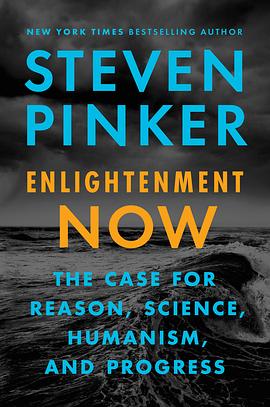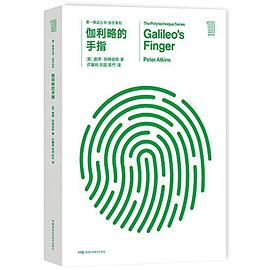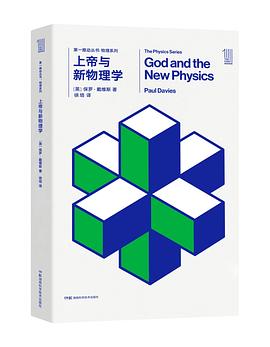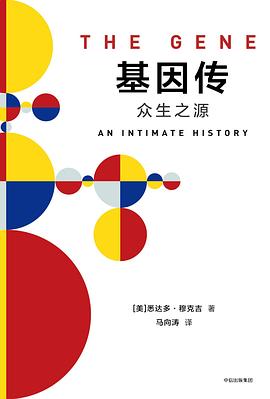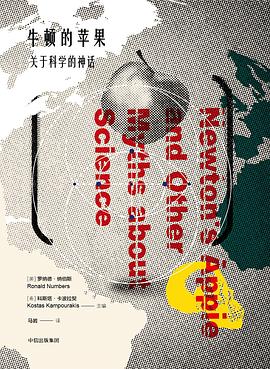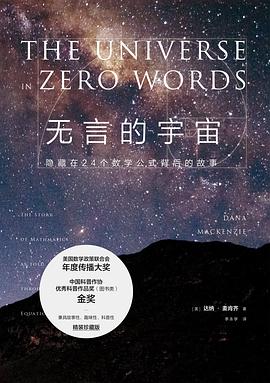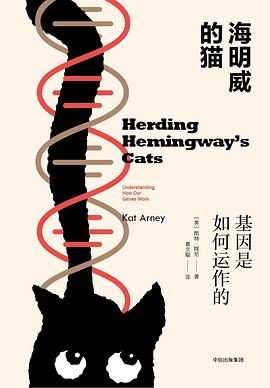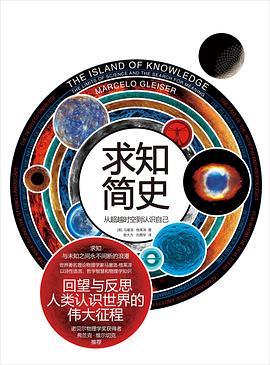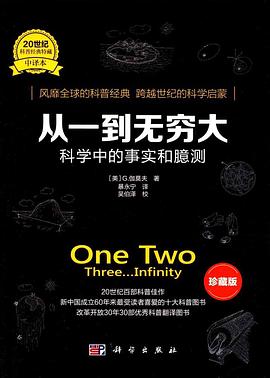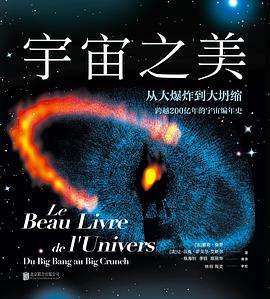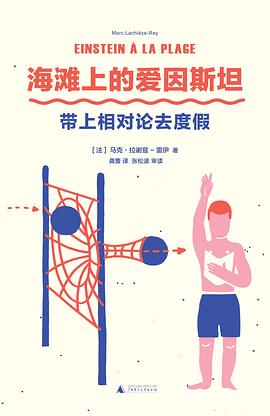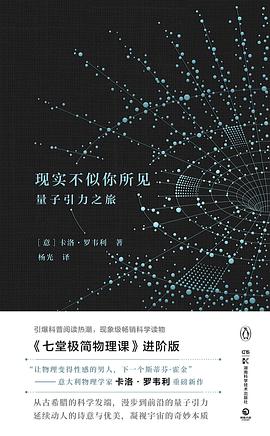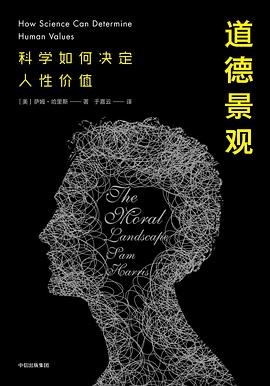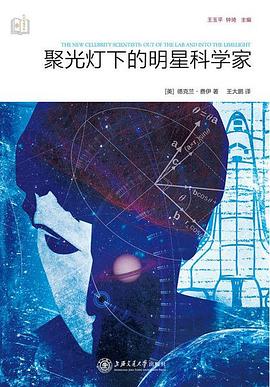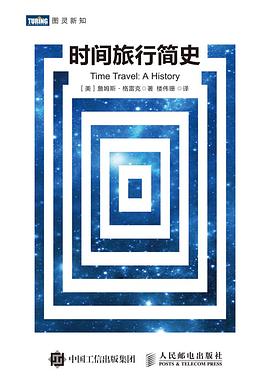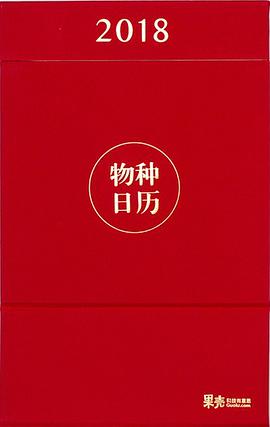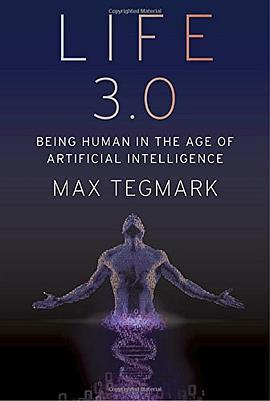
具體描述
Steven Pinker is the Harvard College Professor of Psychology at Harvard University. A two-time Pulitzer Prize finalist and the winner of many awards for his research, teaching, and books, he has been named one of Time‘s 100 Most Influential People and one of Foreign Policy‘s 100 Leading Global Thinkers. His books include The Stuff of Thought, The Better Angels of Our Nature, The Blank Slate, and The Sense of Style.
The follow-up to Pinker’s groundbreaking The Better Angels of Our Nature presents the big picture of human progress: people are living longer, healthier, freer, and happier lives, and while our problems are formidable, the solutions lie in the Enlightenment ideal of using reason and science.
Is the world really falling apart? Is the ideal of progress obsolete? In this elegant assessment of the human condition in the third millennium, cognitive scientist and public intellectual Steven Pinker urges us to step back from the gory headlines and prophecies of doom, which play to our psychological biases. Instead, follow the data: In seventy-five jaw-dropping graphs, Pinker shows that life, health, prosperity, safety, peace, knowledge, and happiness are on the rise, not just in the West, but worldwide. This progress is not the result of some cosmic force. It is a gift of the Enlightenment: the conviction that reason and science can enhance human flourishing.
Far from being a naïve hope, the Enlightenment, we now know, has worked. But more than ever, it needs a vigorous defense. The Enlightenment project swims against currents of human nature–tribalism, authoritarianism, demonization, magical thinking–which demagogues are all too willing to exploit. Many commentators, committed to political, religious, or romantic ideologies, fight a rearguard action against it. The result is a corrosive fatalism and a willingness to wreck the precious institutions of liberal democracy and global cooperation.
With intellectual depth and literary flair, Enlightenment Now makes the case for reason, science, and humanism: the ideals we need to confront our problems and continue our progress.
用戶評價
##最近看瞭一點也不什麼來著,說平剋其實招瞭很多人討厭。我讀瞭讀,讀到結尾,覺得實在膚淺,粗製濫造,它顯然是娛樂新聞的性質,而不是嚴肅認真的思考。 娛樂新聞並不是由內容限定的,而是由態度。比如你不小心手碰瞭一個女同事屁股,第三個人看到瞭,他當場大聲喊齣來:他碰瞭...
評分##在英語寫作上,Pinker是一流的。但在政治議題上,作為一個典型的globalist,他的觀點天真,甚至愚蠢。Pinker對於“科學”有著近乎宗教般的虔誠,但是所謂科學,隻是當前人類對於世界的理解,而這個理解是局限的,並不一定是絕對真理。曆史已經反復證明瞭,前人的“科學”會不斷地被後人的發現推翻。
評分 評分 評分##astonished. 論文也可以這麼好看有趣信息量巨大
評分##真的是一本很神奇的書,神奇在於開始看的時候就知道主題是論證世界變得更好,不過就是堆積數據來論證罷瞭,結果看完之後像被洗腦一樣,堅信世界會越來越好,我們處於最好的時代,而且作者文筆真不錯,知識範圍廣,能感受到文字的力量。
評分 評分相關圖書
本站所有內容均為互聯網搜尋引擎提供的公開搜索信息,本站不存儲任何數據與內容,任何內容與數據均與本站無關,如有需要請聯繫相關搜索引擎包括但不限於百度,google,bing,sogou 等
© 2025 book.qciss.net All Rights Reserved. 圖書大百科 版權所有

